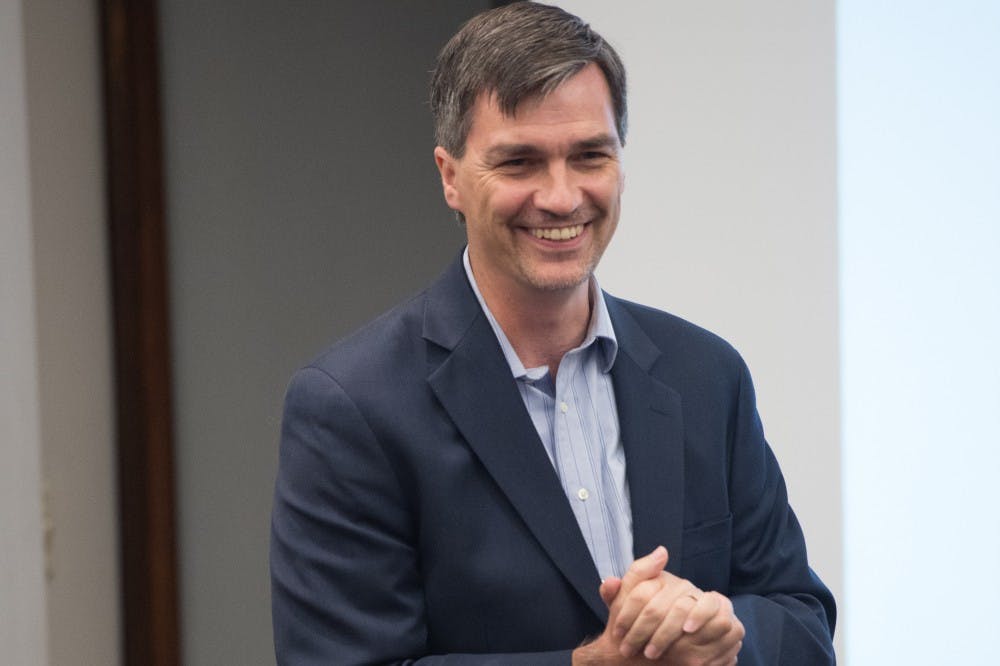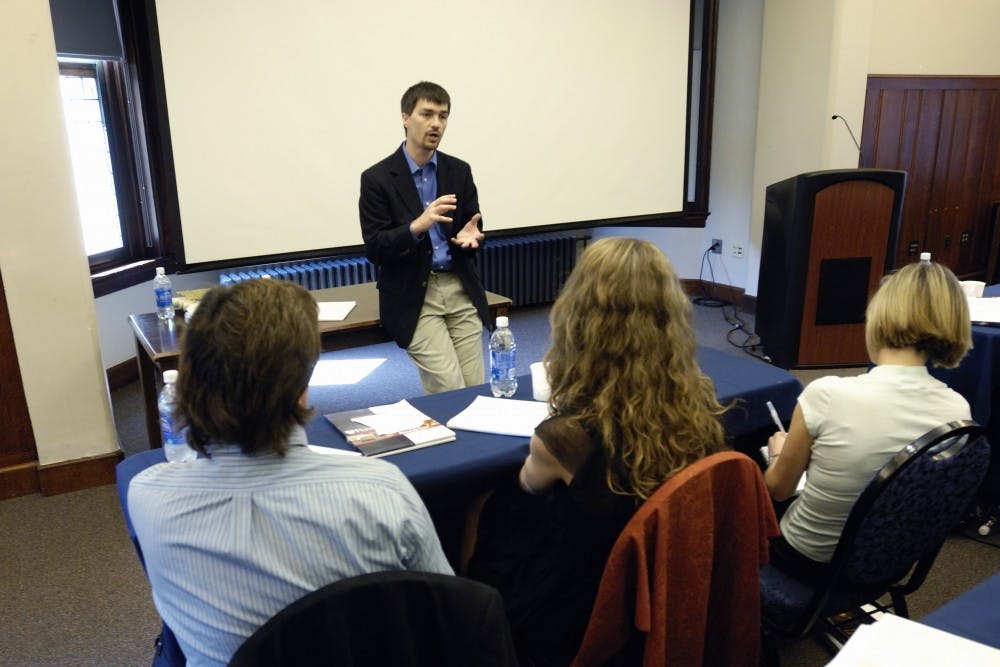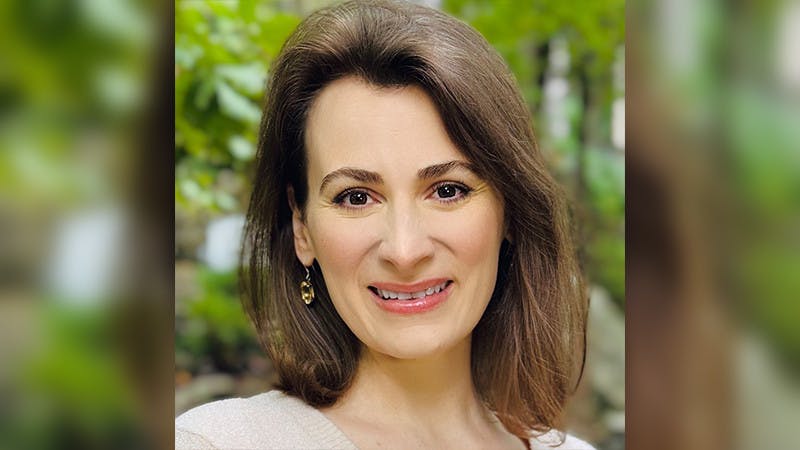
Photo from James O. Pawelski
In “The Pursuit of Happiness,” Director of Education James Pawelski of Penn's Positive Psychology Center hopes to help students define and apply different ways of developing happiness in their lives. The course, PSYC 006, was designed by Pawelski, who will also be teaching next semester.
The interdisciplinary class combines philosophy and positive psychology, which Pawelski defines as complementary to mainstream psychology. While mainstream psychology focuses on what is not going well in people’s lives, positive psychology aims to cultivate the strengths in people’s lives that allow them to thrive.
“If all you do is pull weeds in a garden, but you never plant any vegetables or any flowers, you’re not going to have a harvest,” Pawelski explained. “So you need to make sure you’re planting seeds just as much as you’re pulling weeds.”
Penn is one of the only Ivy League institutions with a Positive Psychology Center, and "The Pursuit of Happiness" will be the first large-scale undergraduate class at Penn that teaches positive psychology. At Harvard University and Yale University, a positive psychology class was their most popular class among students.
"It stands to reason that these questions of happiness and its pursuit would be at the core of a liberal arts education," Pawelski said.
For a practical approach to happiness, the course asks students to bridge scientific research with philosophical ideas by having them read theory and research about happiness and practice the concepts in their own lives.
Laura Taylor, who serves as the class’s head TA, said the course has the potential to be empowering and eye-opening in the context of student life at Penn’s campus.
“There’s a narrative about the culture at Penn: that it is difficult, and that it has to be difficult,” Taylor said.
To combat this culture, “The Pursuit of Happiness” would then help students become fit mentally by prompting them to examine their habits. By becoming more aware of the habits in their lives, Pawelski said, students are able to develop new skills to help students manage stressful environments that often lead to mental health issues.

“These are skills that you will take for the rest of your life. Why not start now?” Taylor added.
Pawelski likened stress management to going to the gym. If someone views exercise as strenuous, he or she will give up. However, recognizing that exercise leads to sore but eventually stronger muscles would allow a student to reap the benefits of physical stress.
This course also hopes to deconstruct myths surrounding happiness.
“Frequently undergrads think of flourishing as being academically successful in school, and certainly that’s important, but our level of satisfaction that we experience along with that success really matters too,” Associate Director of the MAPP program Leona Brandwene said.
“Being happy is something we can practice, something we can learn, and we can get better at,” Pawelski added. “Although we don’t want to set unrealistic expectations of being in some type of nirvana all the time, by engaging in certain practices and changing our habits, we can become happier.”
Pawelski’s experience in teaching for Penn’s Master for Applied Positive Psychology program influenced the development of this class. This course also complements Penn’s Campaign for Wellness and comes in light of the efforts of the Penn Positive Psychology Center to improve mental health.
Correction: A previous version of this story quoted James Pawelski saying "we can become happy" with practice. He in fact said "we can become happier." The DP regrets the error.
The Daily Pennsylvanian is an independent, student-run newspaper. Please consider making a donation to support the coverage that shapes the University. Your generosity ensures a future of strong journalism at Penn.
Donate





